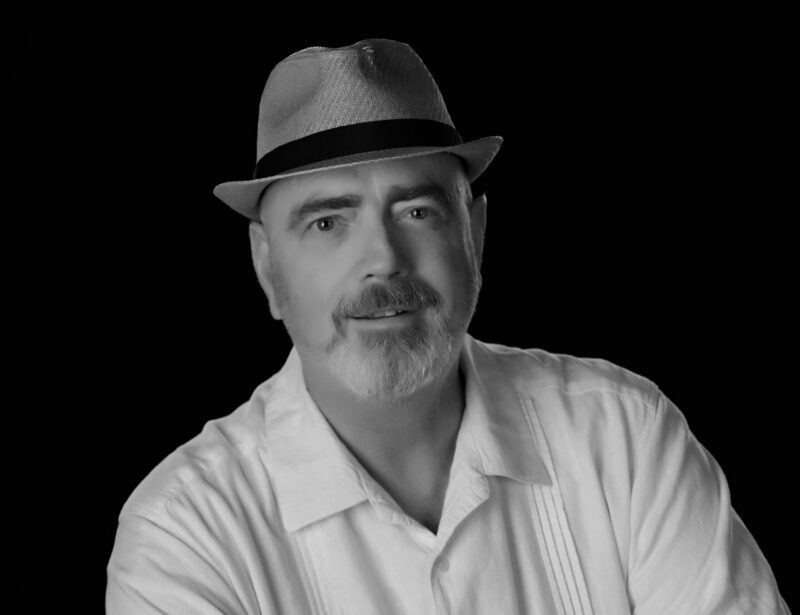Love As a Choice
Love suffers long and is kind; love does not envy; love does not parade itself, is not puffed up; does not behave rudely, does not seek its own, is not provoked, thinks no evil . . ..” (I Corinthians 13:4-5, NKJV)
The Romantic Period of Western literature did much to advance the human condition, especially in terms of emotional expression. However, one of the detriments of that time is the romantic ideal of love that was emphasized and perpetuates to this day. Love as a touchy-feely emotional state which should govern our actions is a horrible standard. The Biblical definition Paul gives us in I Corinthians 13 is a truer and more stable understanding of what love should be and the power of love.
In these two verses, Paul encapsulates the kind of love which lasts. This is the kind of love that can, for instance, grow in arranged marriages. It can turn loveless relationships into valuable and lasting unions. It is not based on feelings but on decisions. Love, like happiness, is at its core a choice.
What does it mean to suffer long? Does it justify staying in an abusive relationship, as some detractors would submit? By no means! To suffer long and be kind is to understand the distracting weaknesses and foibles of the other and forgive them. If one’s Beloved forget to make a big deal of special days (birthdays and the like), love allows such slights to be overlooked in light of the overall picture. Kindness then generates forgiveness and forbearance.
The next several, “does nots,” have to do with competitiveness. Envy, parading oneself and being puffed up are all unattractive qualities, which love inhibits in a relationship. In addition, behaving rudely, seeking one’s own benefit, being easily provoked and thinking evil of one another are character traits godly love will quash.
Reading this, one may think only of marital, or male-female, relationships, but these same standards hold true in the body of Christ. “By this shall all men know that you are My disciples, if you love one another,” Jesus told us. Within the body, these negative traits have no place. One might ask oneself, “How will I behave differently, in light of this knowledge?”

